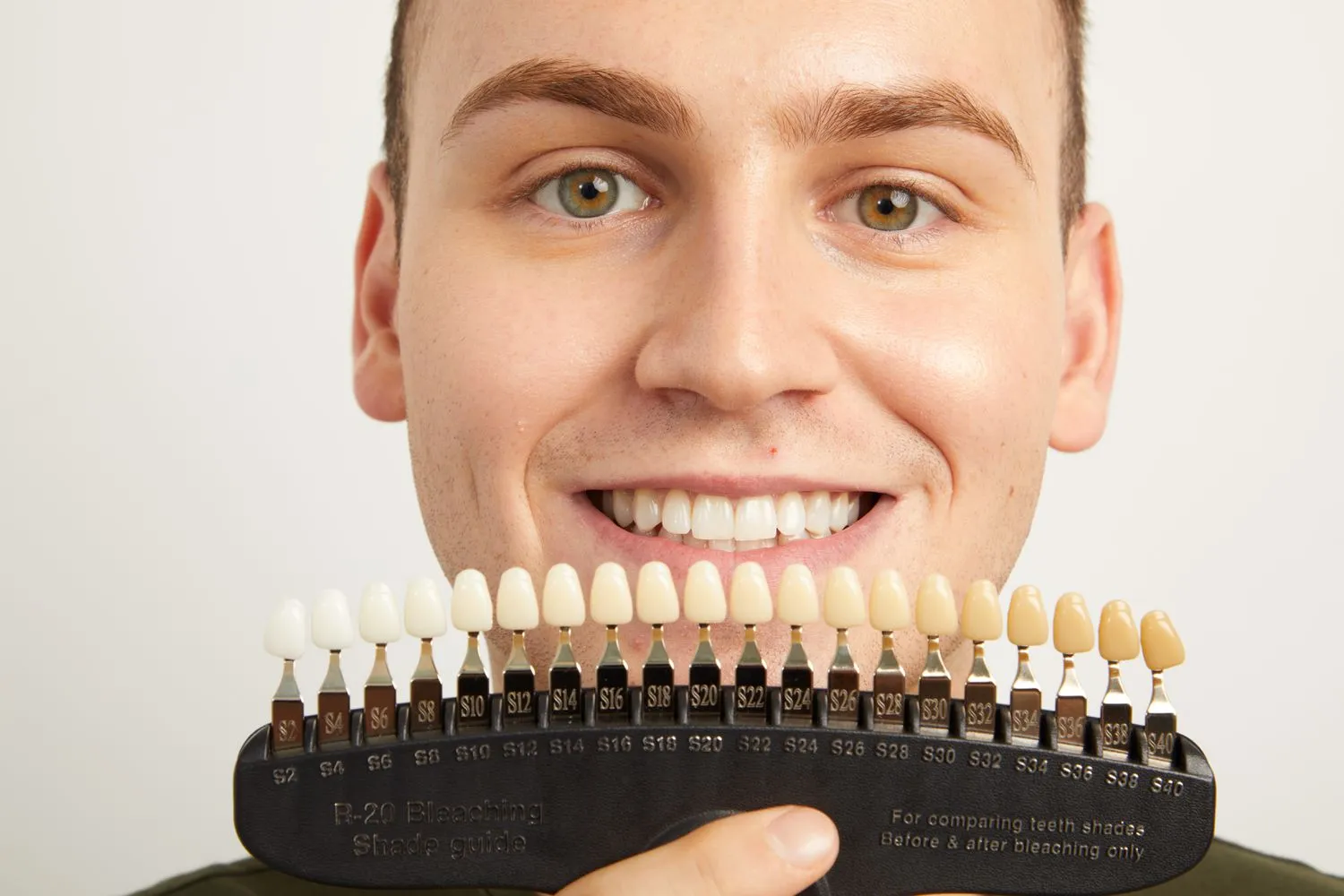The Importance of Dentist-Approved Teeth Whitening
Achieving a brighter, more confident smile is a common goal, and teeth whitening has become a popular cosmetic dentistry procedure. However, with a plethora of options available, from over-the-counter products to professional treatments, it’s crucial to prioritize safety and effectiveness. Dentist-approved teeth whitening offers a superior approach, ensuring both aesthetic enhancement and the preservation of oral health. This guide delves into why choosing a dentist-approved method is paramount, exploring the benefits, procedures, and essential considerations for a dazzling smile.
Why Choose Dentist-Approved Whitening
The decision to whiten your teeth shouldn’t be taken lightly. Your oral health is the foundation upon which a beautiful smile is built. Dentist-approved whitening offers the assurance of professional expertise and personalized care. Dentists have a deep understanding of oral anatomy, potential sensitivities, and the underlying causes of tooth discoloration. They can assess your individual needs, recommend the most appropriate treatment, and monitor your progress to minimize any risks. This ensures you receive a safe, effective, and tailored whitening experience.
Benefits of Professional Teeth Whitening
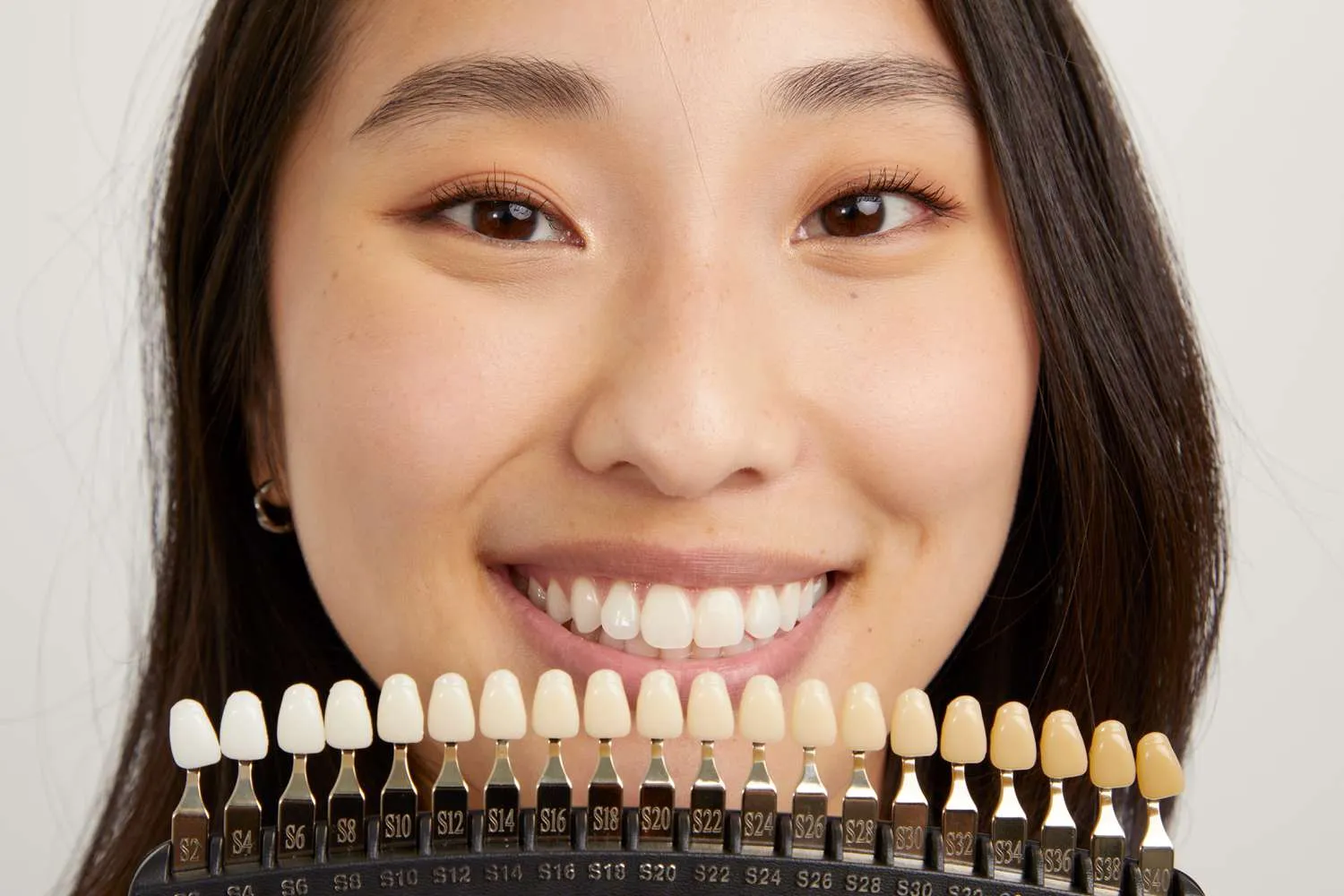
Professional teeth whitening provides several advantages. Dentists use higher concentrations of whitening agents, leading to faster and more dramatic results than over-the-counter products. The treatments are performed under controlled conditions, minimizing the risk of gum irritation or enamel damage. Furthermore, dentists can address specific types of discoloration, such as that caused by aging, genetics, or certain medications. They can also provide guidance on maintaining your newly whitened smile, ensuring long-lasting results and optimal oral health.
Risks of Over-the-Counter Whitening
Over-the-counter whitening products, while readily available, often come with potential risks. These products typically contain lower concentrations of whitening agents, resulting in less significant results. Moreover, they may not be suitable for everyone, especially those with sensitive teeth, existing dental work, or underlying oral health issues. Improper use or ill-fitting trays can lead to gum irritation, uneven whitening, and, in rare cases, enamel damage. Consulting with a dentist is essential to mitigate these risks and ensure a safe and effective whitening experience.
Types of Dentist-Approved Teeth Whitening Treatments
Dentists offer a range of teeth whitening treatments tailored to individual needs and preferences. These include in-office procedures and at-home whitening kits, each with its own set of benefits and considerations. The choice of treatment depends on factors such as the severity of discoloration, the patient’s lifestyle, and their desired results. Your dentist will evaluate your specific situation and recommend the most appropriate option to achieve your desired smile transformation.
In-Office Whitening Procedures
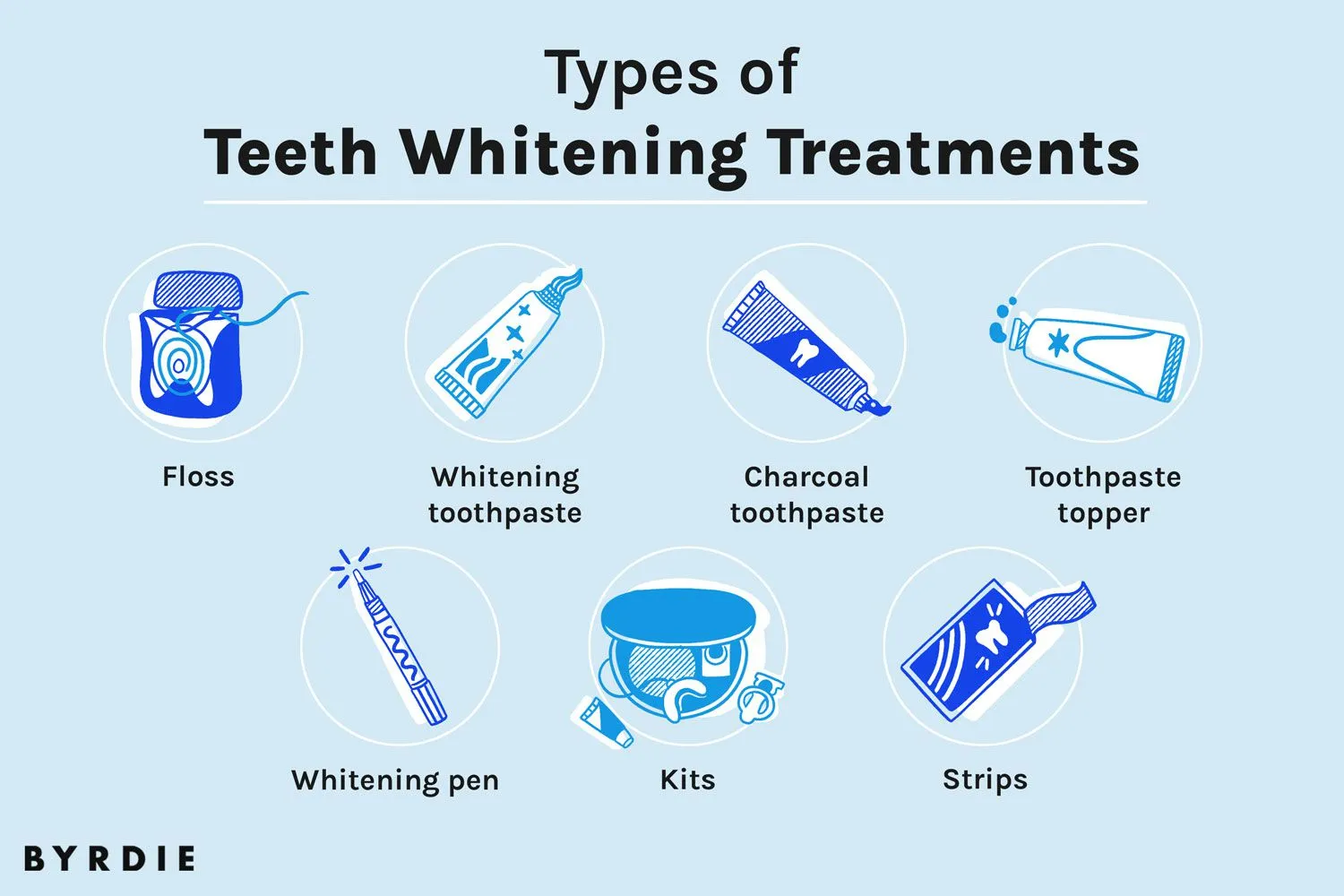
In-office whitening, also known as chair-side whitening, provides the fastest and most dramatic results. This procedure involves the application of a high-concentration whitening gel to the teeth, often combined with the use of a special light or laser to accelerate the whitening process. In-office treatments are typically completed in a single session, lasting from one to two hours. This method is ideal for individuals seeking immediate results or those with significant tooth discoloration.
How In-Office Whitening Works
The process begins with a thorough dental examination and cleaning to remove any plaque or tartar that could impede the whitening process. The dentist then protects the gums with a protective barrier before applying the whitening gel to the teeth. The gel is typically left on for a specific period, and a special light or laser may be used to activate and enhance the whitening effect. The procedure may be repeated in several cycles to achieve the desired level of brightness. Afterward, the dentist provides post-whitening care instructions.
Advantages and Disadvantages of In-Office Whitening
In-office whitening offers several advantages, including immediate results, professional supervision, and a customized treatment plan. The dentist can monitor your progress and adjust the treatment as needed. However, the procedure can be more expensive than at-home options, and some individuals may experience temporary tooth sensitivity. It’s essential to discuss these factors with your dentist to determine if in-office whitening is the right choice for you.
At-Home Whitening Kits from Dentists
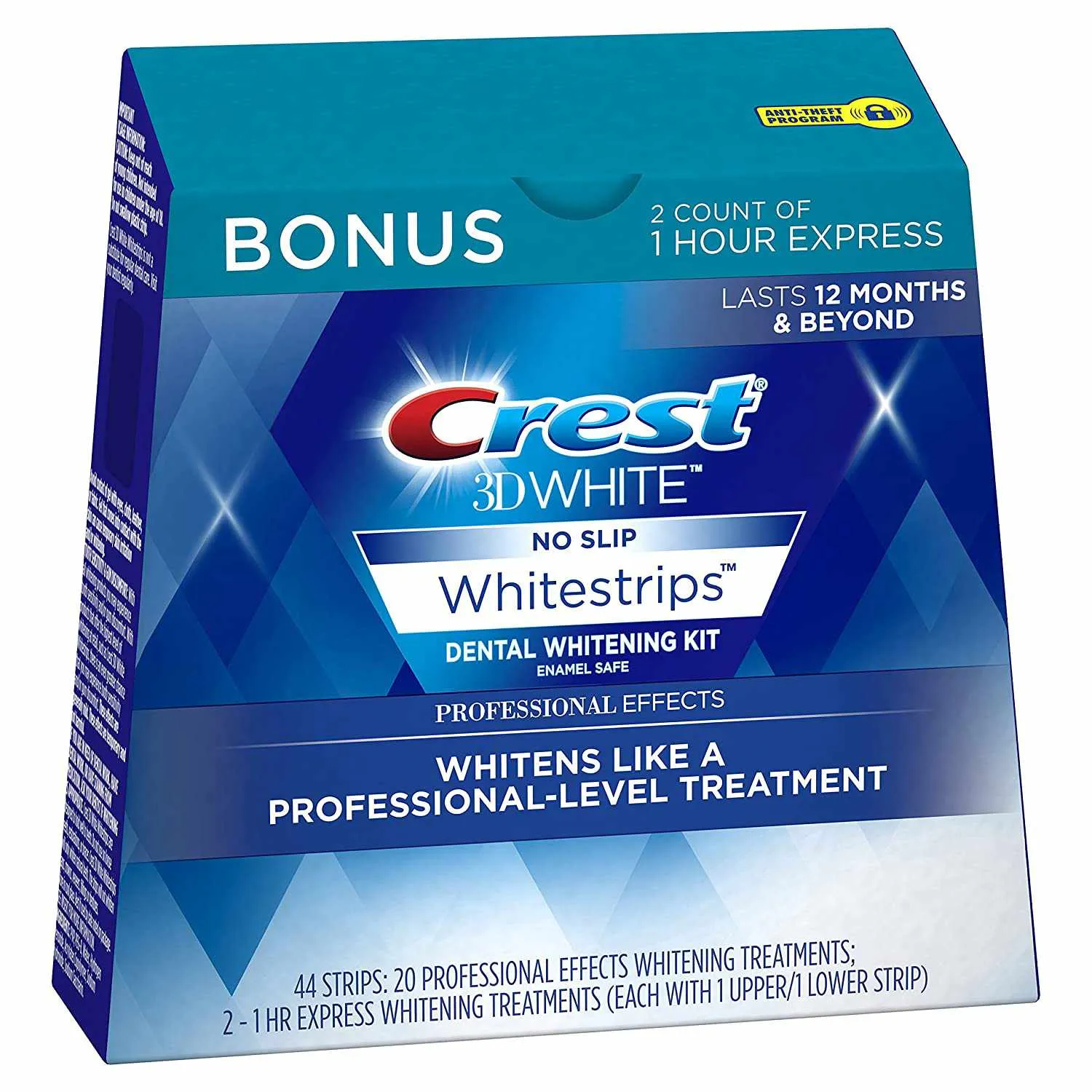
At-home whitening kits offer a convenient and cost-effective alternative to in-office procedures. These kits typically include custom-fitted trays and a whitening gel provided by your dentist. The trays are designed to fit your teeth precisely, ensuring even coverage and minimizing the risk of gum irritation. At-home whitening allows you to whiten your teeth at your own pace, over a period of several weeks, with the guidance and support of your dentist.
Custom-Fit Trays vs. Pre-Made Trays
Custom-fit trays, created by your dentist based on impressions of your teeth, provide a more comfortable and effective whitening experience than pre-made trays. Custom trays ensure a proper fit, maximizing contact between the whitening gel and your teeth. This results in more even whitening and minimizes the risk of gel leakage, which can cause gum irritation. While pre-made trays are less expensive, they may not provide the same level of precision and effectiveness as custom-fit trays.
Ingredients and Effectiveness
The effectiveness of at-home whitening kits depends on the concentration of the whitening agent, typically hydrogen peroxide or carbamide peroxide, and the duration of treatment. Your dentist will recommend a kit and treatment plan tailored to your specific needs. They will also provide instructions on how to use the kit safely and effectively. Consistent use of the kit, as directed by your dentist, is crucial for achieving optimal results. The dentist can also monitor your progress and adjust the treatment plan if needed.
Maintaining Your Whitened Smile
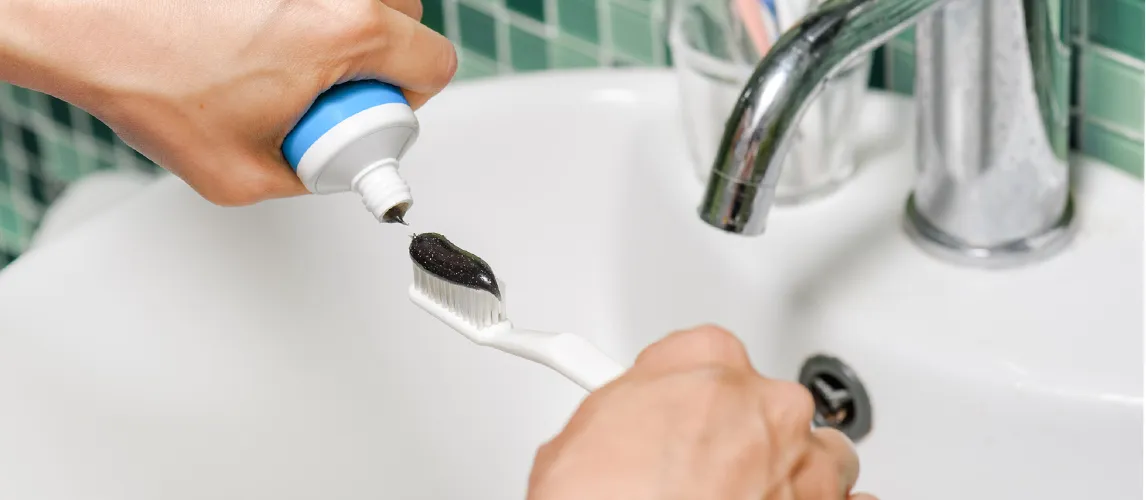
Once you’ve achieved your desired level of brightness, maintaining your whitened smile requires ongoing care and attention. This involves following your dentist’s recommendations for post-whitening care, practicing good oral hygiene, and making mindful choices about your diet and lifestyle. By adopting these habits, you can prolong the effects of your whitening treatment and enjoy a radiant smile for years to come.
Best Practices for Post-Whitening Care
Following your dentist’s instructions for post-whitening care is crucial for optimal results and minimizing sensitivity. This typically involves avoiding certain foods and drinks that can stain your teeth, such as coffee, tea, red wine, and dark-colored berries. Your dentist may also recommend using a desensitizing toothpaste to alleviate any temporary sensitivity. Regular dental check-ups and cleanings will help maintain your bright smile.
Foods and Drinks to Avoid
Certain foods and drinks can stain your teeth and diminish the effects of teeth whitening. These include coffee, tea, red wine, cola, dark-colored juices, and highly pigmented foods like berries, soy sauce, and curries. Smoking and chewing tobacco also contribute to tooth discoloration. Limiting your consumption of these items or rinsing your mouth with water after consuming them can help protect your whitened smile. Consider using a straw for drinks to minimize contact with your teeth.
Oral Hygiene for Long-Lasting Results
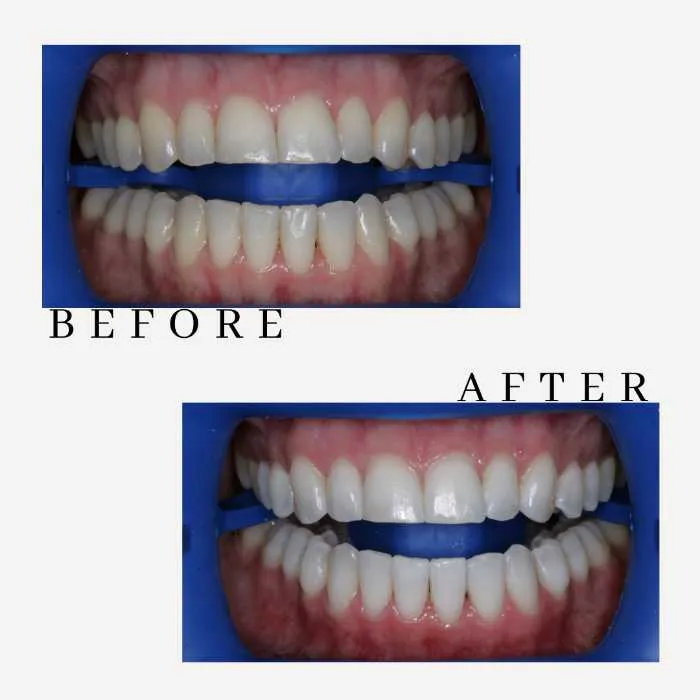
Maintaining good oral hygiene is essential for preserving your whitened smile. Brush your teeth twice a day with a fluoride toothpaste and floss daily to remove plaque and food particles. Consider using an electric toothbrush for more effective cleaning. Regular dental check-ups and professional cleanings are crucial for removing any stains and maintaining your overall oral health. Your dentist can provide personalized recommendations for your oral hygiene routine.
Common Questions about Teeth Whitening
Many people have questions about teeth whitening before undergoing the procedure. These frequently asked questions can help you understand what to expect and make an informed decision. Your dentist can provide personalized answers and address any concerns you may have.
Is Teeth Whitening Safe
Teeth whitening is generally safe when performed under the supervision of a dentist. Dentists are trained to assess your oral health, identify any potential risks, and customize the treatment to minimize any adverse effects. They use safe and effective whitening agents and take precautions to protect your gums and enamel. Some people may experience temporary tooth sensitivity or gum irritation, but these side effects usually subside shortly after treatment.
Cost of Dentist-Approved Whitening

The cost of dentist-approved teeth whitening varies depending on the type of treatment, the dentist’s fees, and the location. In-office whitening is generally more expensive than at-home options. Your dentist will provide a detailed cost estimate during your consultation. Consider the long-term benefits of professional whitening, including safety, effectiveness, and personalized care, when evaluating the cost.
How Long Does Teeth Whitening Last
The longevity of teeth whitening results depends on several factors, including the type of treatment, your oral hygiene habits, and your diet and lifestyle. In-office whitening results can last from several months to a few years. At-home whitening results may last for a similar duration. Maintaining your whitened smile requires consistent oral hygiene, avoiding staining foods and drinks, and attending regular dental check-ups. Touch-up treatments may be needed to maintain your desired level of brightness.
In conclusion, choosing dentist-approved teeth whitening is the optimal approach for achieving a brighter, more confident smile safely and effectively. By understanding the benefits of professional treatments, the various options available, and the importance of post-whitening care, you can embark on your whitening journey with confidence and enjoy a radiant smile that lasts. Always consult with your dentist to determine the best teeth whitening method for your unique needs.
